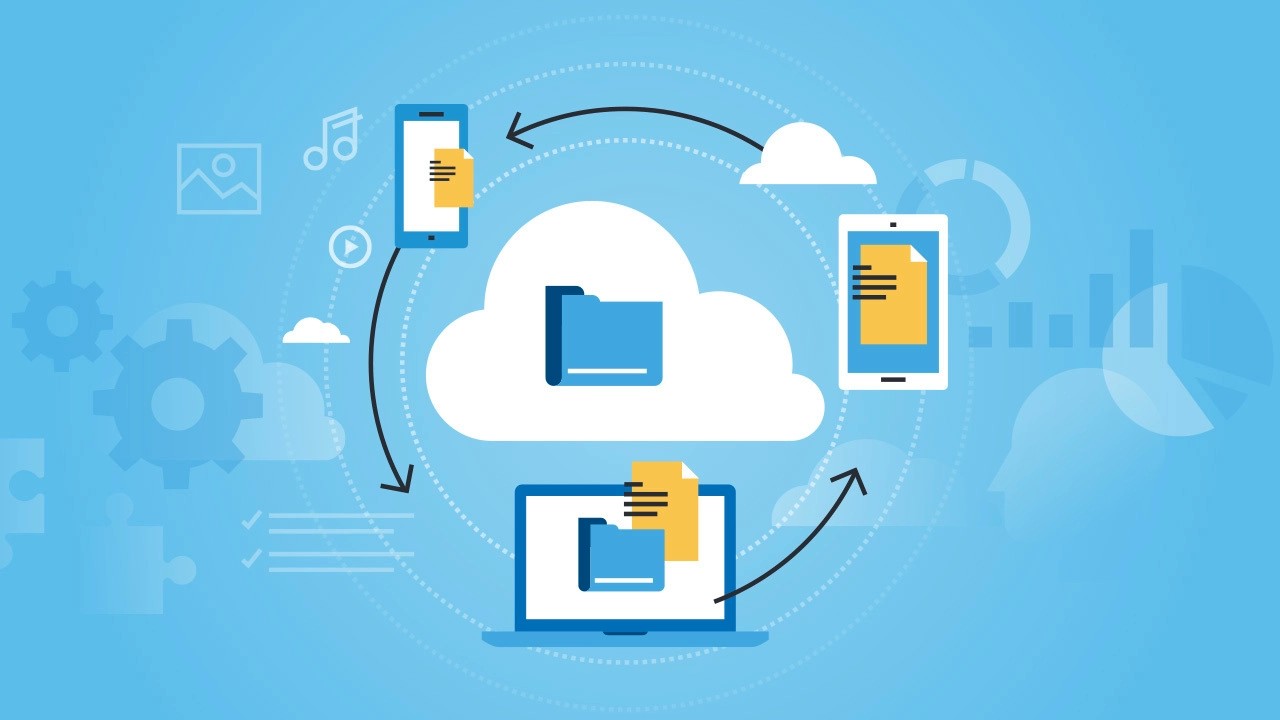Influencer marketing has evolved from a trendy PR stunt into a measurable, conversion-driving engine, especially for e-commerce. While engagement metrics like likes and comments still matter, modern brands prioritize platforms that offer clear pathways from post to purchase. Choosing the right software isn’t about finding the biggest list; it’s about selecting a tool that integrates seamlessly with your sales funnel.
The Shift from Awareness to Conversion
For years, brands focused influencer campaigns on building brand awareness. The assumption was that getting your product in front of a large audience was enough. Today, the focus is squarely on ROI. E-commerce platforms, in particular, need to prove that every dollar spent on a creator results in measurable revenue.
This shift has created high demand for a top influencer marketing platform that offers robust affiliate and tracking features. A system that can automatically generate unique discount codes or trackable links for each creator removes the guesswork from campaign attribution. This level of granular detail allows marketing managers to see which influencers, which content formats, and even which time slots are responsible for the most sales.
Core Features That Power E-commerce Success
When evaluating a list of influencer marketing platforms, e-commerce businesses should prioritize the following features:
- Affiliate Management Tools: The platform should handle commission tracking, payout automation, and customizable affiliate link creation. This moves the relationship past simple payment for a post and turns the influencer into a long-term sales partner.
- Product Seeding and Fulfillment Integration: The best platforms connect directly to your inventory or fulfillment system (like Shopify or WooCommerce). This makes it easy to ship products to dozens of creators quickly and accurately, minimizing administrative overhead.
- Advanced Audience Demographics: Success in e-commerce depends on matching your product with the right buyer. A superior platform provides in-depth audience demographics on an influencer’s followers, ensuring that the creator’s audience truly aligns with your ideal customer profile (age, location, purchase history).
- Content Repurposing Rights: User-Generated Content (UGC) is a powerful asset. An advanced platform facilitates the legal acquisition of content usage rights, allowing your brand to repurpose the high-performing influencer content for paid ads or website testimonials, further boosting conversion rates.
The Advantage of Measurable Influence
Ultimately, the goal of an e-commerce brand is sales, and the right platform acts as the bridge between creative collaboration and financial reporting. By utilizing a system that prioritizes data and attribution, businesses can move confidently from one-off sponsored posts to scalable, evergreen campaigns. To find a comprehensive overview of solutions that prioritize these critical e-commerce functions, it’s vital to review a detailed list of influencer marketing platforms to compare features and costs.
The difference between a great content piece and a great campaign lies in the ability to measure and replicate success. For e-commerce, this means focusing exclusively on platforms designed to turn engagement into revenue.


